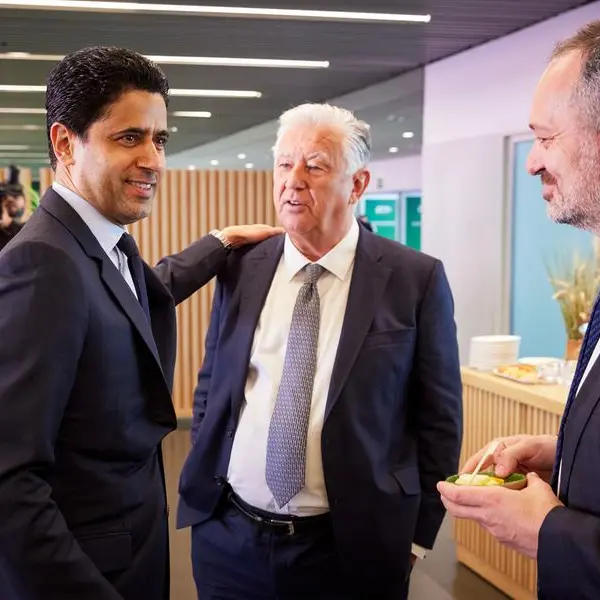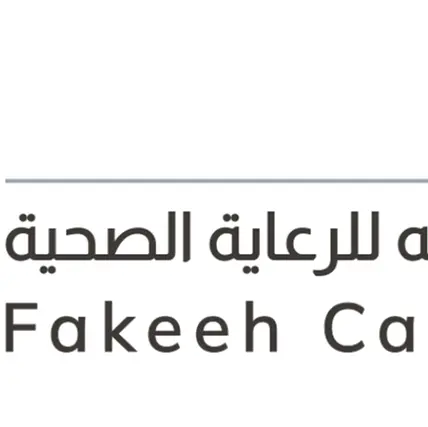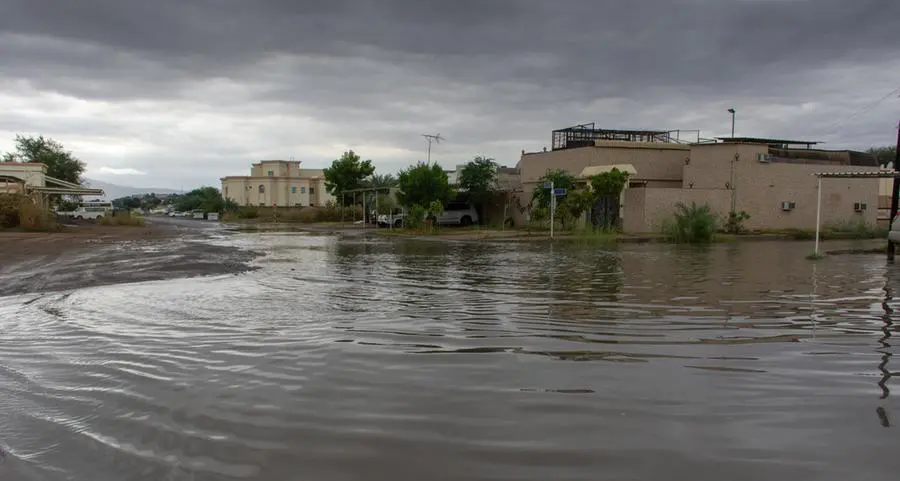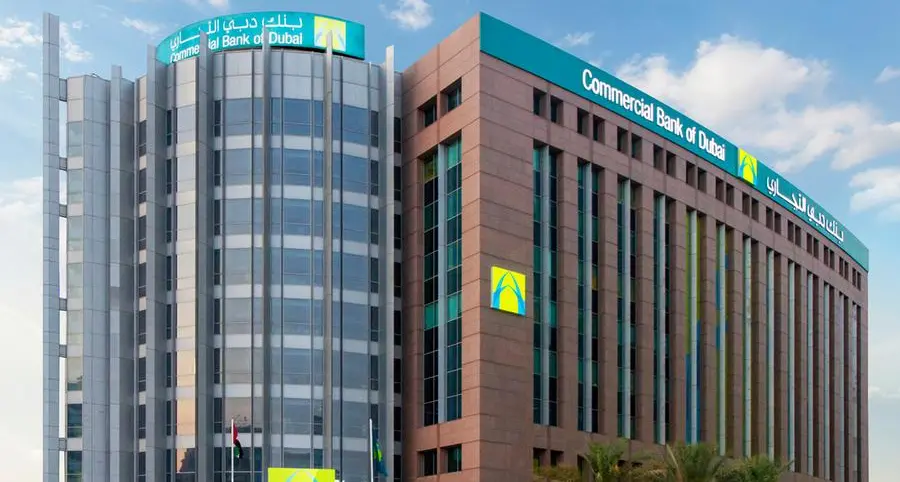
Today, during a high-level event on COVID-19, on the margins of the UN General Assembly, the Africa Centres for Disease Control and Prevention (Africa CDC), the International Federation of Red Cross and Red Crescent Societies (IFRC) and the U.S. Mission to the African Union (USAU) called on partners and governments to do more to end vaccine inequity. The event entitled “Saving Lives, Saving Livelihoods: Achieving high-level, equitable, COVID-19 vaccine coverage in African Union (AU) Member States" aimed to follow-up the Global COVID-19 summit convened by U.S. President Joseph R. Biden on September 22, with local African partners.
Much of the population of Africa is being left behind, even as other parts of the world begin their path to recovery from this deadly pandemic. The deep inequities in vaccine distribution are also linked to the devastating socio-economic impacts of COVID-19. According to a report released in April 2021, economic disruption is likely to persist in Africa due to COVID-19 restrictions—and the slow pace of vaccine rollouts. Worryingly, Africa has been facing multiple, chronic crises, including poverty and food insecurity, which have been exacerbated by COVID-19.
Africa CDC, IFRC and USAU warned that, in addition to slow vaccine rollouts, the presence of several crises, including COVID-19, in many African countries, is resulting in the continued loss of lives and livelihoods. The three institutions also indicated that having the vaccine doses alone won’t be enough.
John Nkengasong, Africa CDC Director, said: “As we call for the end of vaccine inequity, we know that the work doesn’t end there. We also need to be able to deliver those vaccines to the communities; ensure that people are prepared to be vaccinated and that the doses are being delivered where they are needed. It is crucial to continue working more closely with communities.”
The response to COVID-19 has been made more complex by decreasing perceptions of risk, pandemic fatigue, vaccine hesitancy and mistrust of authorities. The IFRC and member National Societies have been tackling the spread of misinformation by providing educational materials, running radio campaigns and information hotlines for the community.
Nena Stoiljkovic, IFRC’s Under Secretary General for Global Relations, Humanitarian Diplomacy and Digitalization—who joined the high-level summit on COVID-19 from Addis Ababa—said: “More than ever, the pandemic is testing our ability to tackle multiple, mutually exacerbating crises, concurrently. COVID-19 has plunged thousands of African families into poverty and exacerbated the vulnerabilities of those already facing multiple threats before this pandemic hit. To minimize its socio-economic impacts, which will be felt for many years to come, we must tackle the pandemic more aggressively. This means more equitable access to vaccines as a priority. It also means investing in local actors, such as National Red Cross Red Crescent Societies, who have been on the frontlines of this crisis since this outset, building community trust and resilience for the future.”
The three institutions reiterated the need to do more to bring the pandemic to an end, while preparing to respond to future crises.
Ambassador Jessye Lapenn said, “We [the United States] are working with our international partners, investment entities, pharmaceutical companies, and other manufacturers to create the kind of global vaccine production and manufacturing capacity and capabilities that will help the world beat this pandemic and prepare us to respond to future threats.”
With increasing concerns that the secondary impacts of COVID-19 could have long-lasting affects across Africa, particularly for those living in poverty, IFRC is increasing its focus on livelihoods support, particularly through cash-transfer programming where appropriate. But the humanitarian organisation warned that the COVID-19 pandemic could not be defeated unless more vaccine doses reached the arms of the most vulnerable on the continent.
H.E. Ellen Johnson Sirleaf, former President of the Republic of Liberia, delivered a keynote address during the COVID-19 summit today. She said: “Vaccine inequity threatens to reverse the gains we have been making in building trusting global partnerships to tackle global challenges, including the existential threat we all face, namely, climate change and the environmental crisis. There has been a lot of talking, but now we must see these words turned into action. We call upon governments, partners and vaccine manufacturers to pull out all the stops to ensure that everyone has access to COVID-19 vaccines without any further delay.”
Distributed by APO Group on behalf of International Federation of Red Cross and Red Crescent Societies (IFRC).
© Press Release 2021
Disclaimer: The contents of this press release was provided from an external third party provider. This website is not responsible for, and does not control, such external content. This content is provided on an “as is” and “as available” basis and has not been edited in any way. Neither this website nor our affiliates guarantee the accuracy of or endorse the views or opinions expressed in this press release.
The press release is provided for informational purposes only. The content does not provide tax, legal or investment advice or opinion regarding the suitability, value or profitability of any particular security, portfolio or investment strategy. Neither this website nor our affiliates shall be liable for any errors or inaccuracies in the content, or for any actions taken by you in reliance thereon. You expressly agree that your use of the information within this article is at your sole risk.
To the fullest extent permitted by applicable law, this website, its parent company, its subsidiaries, its affiliates and the respective shareholders, directors, officers, employees, agents, advertisers, content providers and licensors will not be liable (jointly or severally) to you for any direct, indirect, consequential, special, incidental, punitive or exemplary damages, including without limitation, lost profits, lost savings and lost revenues, whether in negligence, tort, contract or any other theory of liability, even if the parties have been advised of the possibility or could have foreseen any such damages.










